Reviews
Joss Whedon
USA, 2012
Credits
Review by Victoria Large
Posted on 10 May 2013
Source digital projection
Categories The 2013 Independent Film Festival Boston
Joss Whedon’s Much Ado About Nothing was easily one of IFFB’s hottest tickets, with lines forming well over an hour before the film was set to play. Festival organizers even awarded the first Whedonite in line a pie for his troubles, having anticipated the intense interest that the erstwhile Buffy the Vampire Slayer creator’s low budget Shakespeare adaptation would ultimately inspire in the festival’s attendees. The film played to a very enthusiastic crowd and eventually won the Audience Award for Best Narrative Feature, and it’s likely to garner more fans when it opens in theaters this June. Yet while Much Ado About Nothing is enjoyable, and of seemingly great personal significance to Whedon himself (more on that in a moment), it also feels like a minor work.
Purportedly shot in twelve days at Whedon’s house, the film does have something of a poignant backstory. During a break in work on last year’s superhero blockbuster The Avengers, Whedon opted to direct this lo-fi film, an extension of the Shakespeare readings that he’d been periodically hosting at his home. With an inevitable sequel to The Avengers as well as an Avengers TV spinoff waiting in the wings, Whedon likely knew that his time was about to be monopolized by supersized, highly scrutinized projects, and hence seized the chance to make something small. Given Much Ado About Nothing’s modest origins, many are apt to respond to it with generous hearts.
And there are elements here well worth embracing. A party scene shot in Whedon’s yard (He secured his extras by actually throwing a party.) is the visual highpoint: strings of lights and guests in glittering masks suffuse the film with a welcome dreaminess, and the black-and-white imagery is appealing throughout. Many scenes are underscored with a slapstick that helps to render the material more accessible, and Whedon, a lover of wordplay himself, guides his actors toward some most amusing line readings. (Shakespeare’s intentionally goofy “let us obey you to go with us” gets just the right awkward delivery.)
There are also some excellent performances from Whedon regulars, with The Avengers’ Clark Gregg offering a very funny turn as Leonato, patriarch of our heroines Beatrice and Hero, and Nathan Fillion - who was so funny as the self-important Captain Hammer in Dr. Horrible’s Sing-a-long Blog — is a perfect choice for another laughable authority figure, the fumbling constable Dogberry. Amy Acker, a regular on Whedon’s Angel and Dollhouse TV shows, may be the standout in the plum role of Beatrice, particularly when she launches into the character’s famous, stirring speech about her desire to avenge her slandered sister.
Still, one wonders what Whedon might have been able to do with a more full-fledged production, one that could perhaps make more of the film’s modern context and the play’s fraught gender politics. (Imagine Whedon taking on a major production of The Taming of the Shrew.) His Much Ado About Nothing is straightforward by design, and fans of bold Shakespeare re-imaginings along the lines of Julie Taymor’s Titus may want to scale back their expectations. This is Whedon’s literate lark, a staycation that became a feature film. It’s not going to be deemed a must-see in the director’s oeuvre, but it does feel like an interesting statement of intent, a vow to value art for art’s sake, even in the midst of helming big loud Hollywood fare.
More The 2013 Independent Film Festival Boston
-
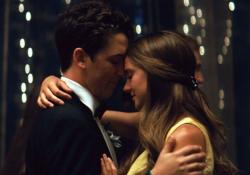
The Spectacular Now
2013 -

Remote Area Medical
2013 -

The Punk Singer
2013 -

Prince Avalance
2013 -
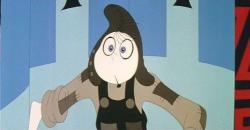
Persistence of Vision
2012 -

Much Ado About Nothing
2012 -

Rewind This!
2013 -
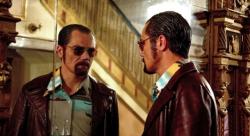
The Iceman
2012 -
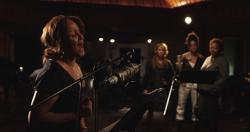
Twenty Feet From Stardom
2013 -
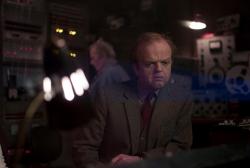
Berberian Sound Studio
2012 -

The Act of Killing
2012 -

In a World…
2013 -
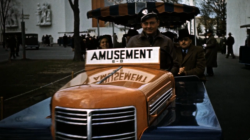
World Fair
2013
We don’t do comments anymore, but you may contact us here or find us on Twitter or Facebook.



